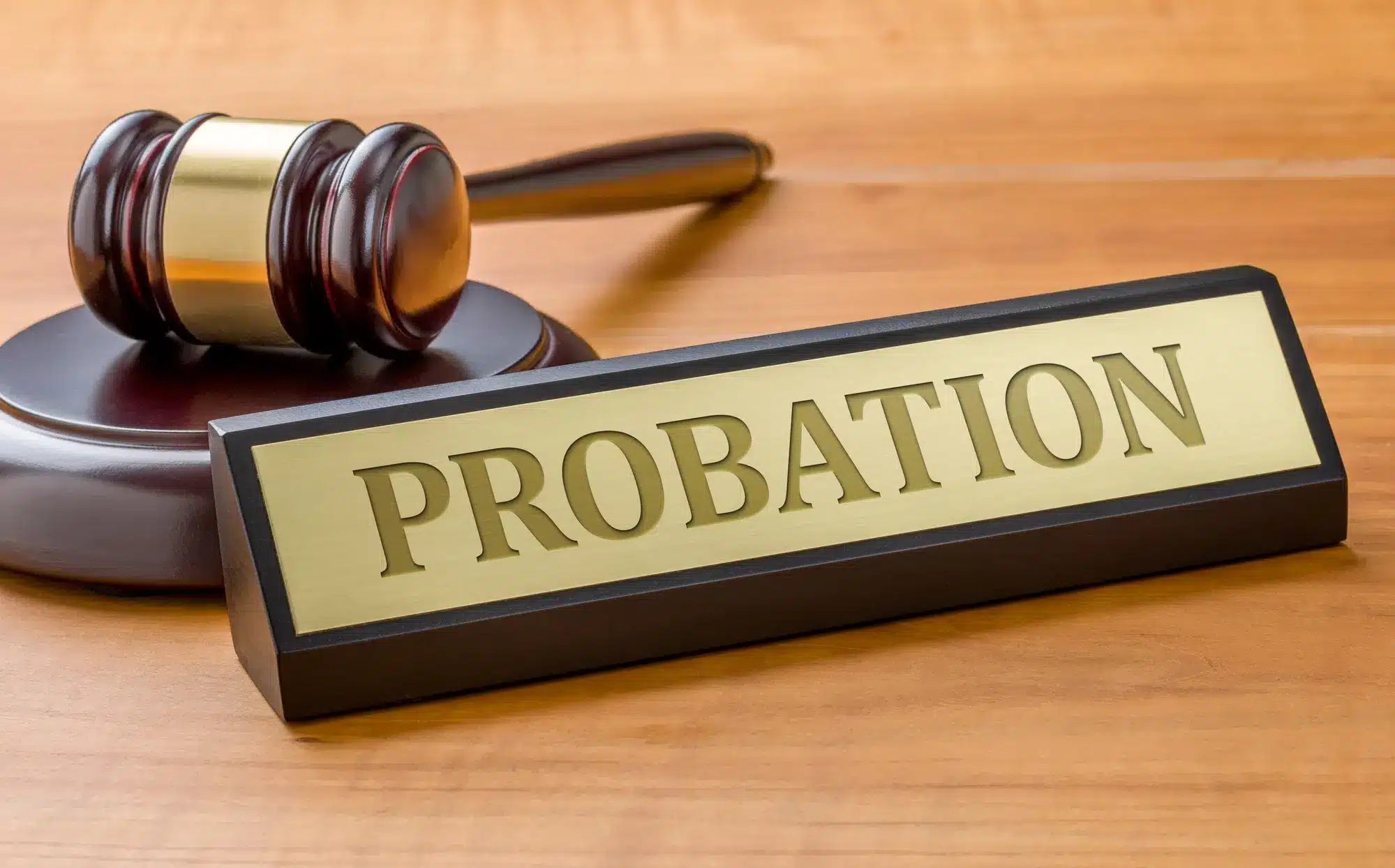
A probation violation in Maryland can have serious consequences—but the stakes are especially high when it’s your first violation. If you’re facing allegations of a probation breach, understanding the legal process and potential outcomes is critical. Here’s what to expect if you’re accused of a first probation violation in Maryland.
What Is a Probation Violation?
Probation is a court-ordered alternative to incarceration that allows you to remain in the community under certain conditions. Violating those conditions—whether by missing appointments, failing drug tests, or committing a new offense—can lead to a probation violation charge.
In Maryland, there are two main types of violations:
- Technical violations: Missing a meeting, failing to report, or testing positive for drugs.
- Non-technical violations: Being arrested or charged with a new crime while on probation.
The Justice Reinvestment Act (JRA), enacted in 2016, distinguishes between these two types and imposes specific limits on penalties for first-time technical violations.
What Happens After a First Violation?
When you’re accused of violating probation, your probation agent typically files a statement of charges with the court. A warrant or summons may be issued for your appearance.
You’ll then go through a probation violation hearing—but unlike a trial, the burden of proof is lower. The judge only needs to be “reasonably satisfied” that a violation occurred, rather than proof beyond a reasonable doubt.
What Are the Penalties for a First Technical Violation?
If your alleged violation is technical and it’s your first offense, the JRA caps incarceration at 15 days. This means the court cannot impose a longer sentence for a first technical violation unless there are aggravating circumstances.
Examples of first technical violations include:
- Missing a probation appointment
- Failing a drug test
- Not completing a required class or program on time
However, if the judge finds that your violation was willful or you’ve made no effort to comply, you may be sanctioned more harshly—even within that 15-day window.
What If It’s a Non-Technical Violation?
If you’re accused of a new crime, or other more serious breach, the court is not limited by the 15-day cap. A non-technical violation can result in:
- Revocation of probation
- Re-sentencing on the original charge
- Jail or prison time up to the original suspended sentence
The stakes are especially high if the underlying charge is serious—such as a felony conviction or a violent offense. A Southern Maryland criminal lawyer can help protect your rights and develop a strategy to mitigate potential consequences.
Can Probation Be Reinstated After a First Violation?
Yes. Especially for first-time violators, judges have discretion to:
- Reinstate probation with the same terms
- Modify probation conditions (e.g., more drug testing or counseling)
- Extend the length of probation
Courts will often consider your overall performance, the nature of the violation, and your willingness to comply moving forward.
Should You Hire a Lawyer for a First Violation?
Absolutely. Even if it’s your first probation violation in Maryland, you still face the risk of jail time or losing your probation entirely. An experienced criminal defense attorney can:
- Advocate for non-jail sanctions
- Present evidence of progress or compliance
- Cross-examine probation agents or challenge the violation
Probation hearings move quickly and aren’t bound by the same rules as a trial, so having legal representation can make all the difference.
Final Thoughts
A first probation violation in Maryland doesn’t automatically mean you’re going to jail—but it does put your freedom at risk. The outcome depends heavily on the type of violation, the original charge, and the judge’s discretion. Don’t face a probation hearing alone.
If you’ve been accused of violating probation in Prince George’s County, Charles County, St. Mary’s, or Calvert County, contact Southern Maryland Criminal Defense today. We’ll fight to protect your rights and help you get the best possible outcome.
